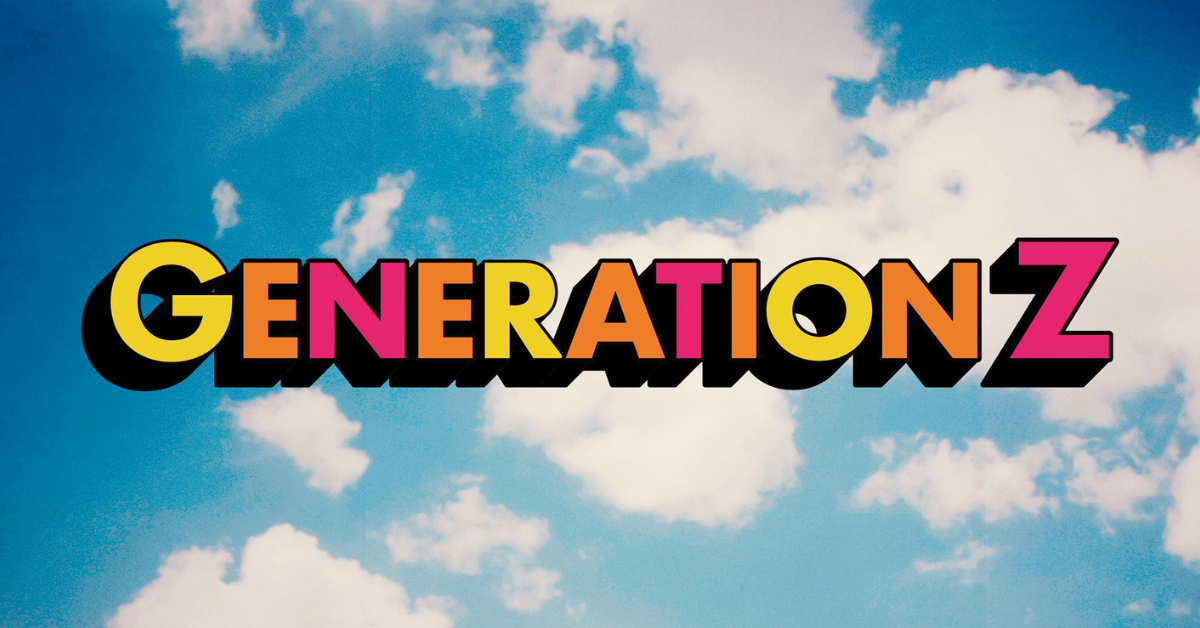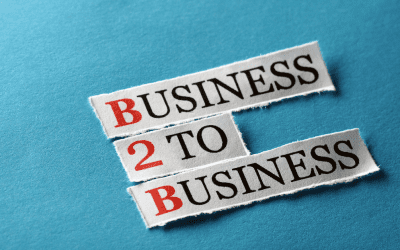In November, we wrote about “Gen Z in the Workforce” and then we followed that up at the beginning of December with a related post on the Great Resignation and how employers can solve their staffing shortages.
It’s time to talk about both of those topics again. Some recent articles on LinkedIn and Axios have highlighted new data on the intersection of the Great Resignation and Gen Z. We found these articles interesting and insightful. We’d like to unpack some of those insights today.
The Great Resignation Wasn’t Originally Driven by Young People
While anecdotes about workers quitting corporate jobs abounded on social media for most of the pandemic, resignation rates really took off in August and September of last year. An article in the Harvard Business Review at the time noted that elevated rates were primarily driven by mid-career employees, not “entitled” Gen Z folks.
We might consider the second half of 2021 the “First Wave” of the Great Resignation. But now – as pointed out in recent stories – Gen Z is driving what might become a “Second Wave” of quitting. Axios even dubbed them, “The Great Resignation Generation.”
LinkedIn explored attitudes towards job-hopping and found that young people report wanting to change jobs at the highest rates of all age demographics, “making Gen Z the most restless working age group.” 1 in 4 of them plan to leave their current job soon.
Is This Just Due to Age?
Some people would naturally react to hearing that members of Gen Z are job-hopping “134% [more] than they were in 2019,” by saying, “young people have always changed jobs frequently.” After all, early career positions are often meant to be temporary. College grads are expected to build experience, and then go somewhere else.
But Axios suggests that there’s more to it than that. 75% of Gen Zers report willingness to completely alter their career paths, in contrast to less than 50% of workers in other generations.
Of course, this might seem natural, too. After all, younger people have more time and fewer responsibilities. It’s easier for them to try out new career paths. Much harder for someone with kids to change careers.
But maybe Gen Z is simply wise to the reality that anyone who wants to stay employed in the next few decades of the 21st Century, will probably have to change careers multiple times.
The End of Lifetime Work
Senator Ben Sasse, who wrote The Vanishing American Adult, recently spoke at the Aspen Security Forum on the digital revolution. One of his takeaways was that – due to AI and automation and other technological advances – Millennials and members of Gen Z will not have lifetime employment – not in the same career at least. Meaning that young people who want to remain gainfully employed in middle age will need to cultivate an ability to change careers rapidly and learn entirely different skills.
In this light, Gen Z’s willingness to make career changes looks less like youthful idealism about finding the perfect job and more like clear-eyed realism about the cold, hard facts of work in the 21st Century.
The First Fully-Digital Generation
Gen Z was the first generation to grow up entirely online. They were children when smartphones took over the world. They don’t remember life without social media.
Most of them know how to make money online. They follow influencers and YouTubers. They’re savvy to digital entrepreneurship. They’re happy to do gig work in the creator economy.
Which means that when they come to a new job, they already know a bit about how to turn an online side hustle into a location-independent career of self-employment should the corporate job turn out to be less than optimal. In other words, employers need to realize that – if they want to retain young workers – they had better offer something of value that self-employment can’t.
Digital entrepreneurship also hails as a potential tool Gen Z will use to hedge against the decline of lifetime employment. Today it might be influencing. Tomorrow, it will be something else. But they’re ready to develop new skills to remain antifragile and marketable in the economy of the future.
It remains to be seen how this generation will shape the American workforce over their lifetimes. But it’s already clear that they’re having an impact. Hopefully, for the better.




